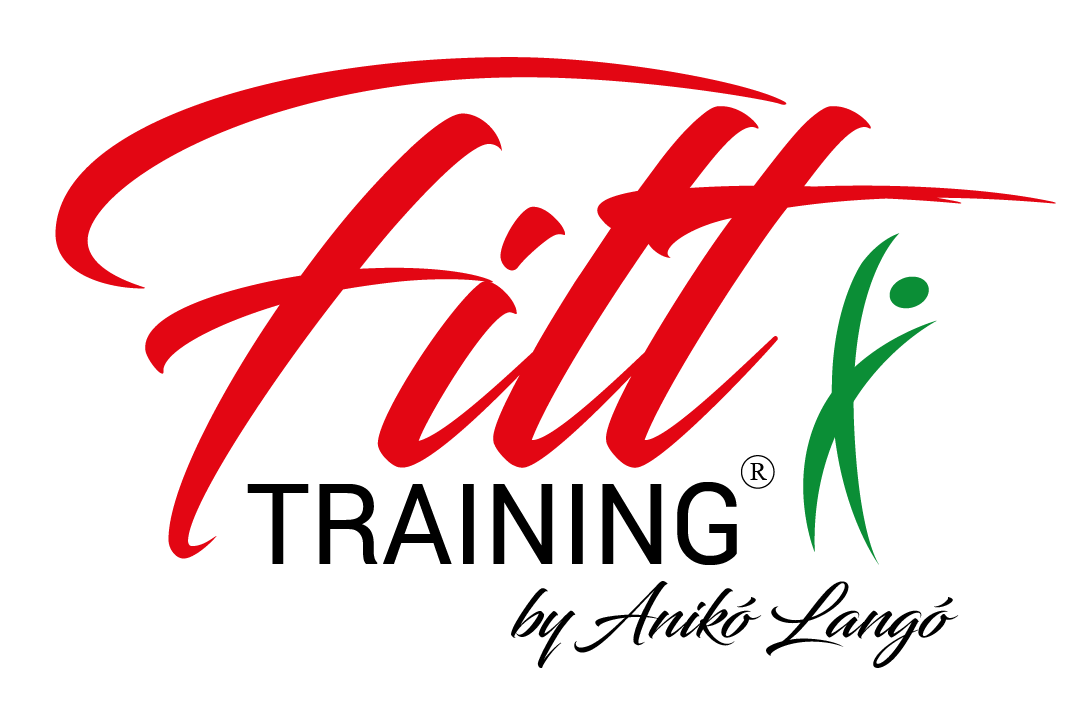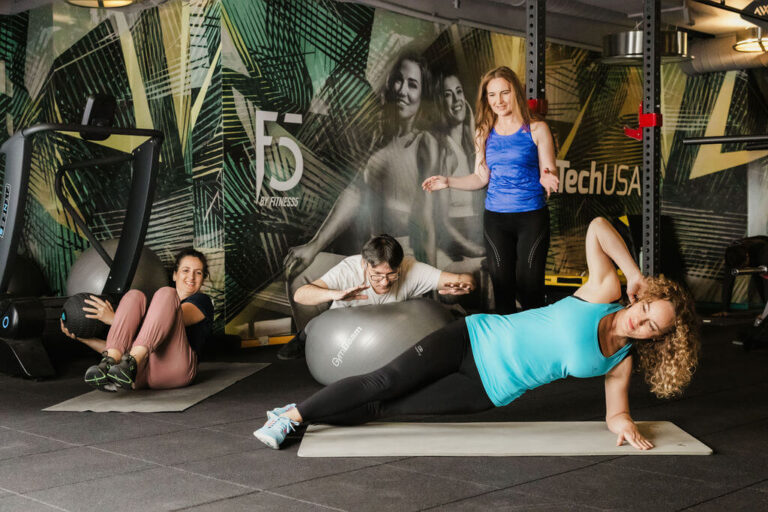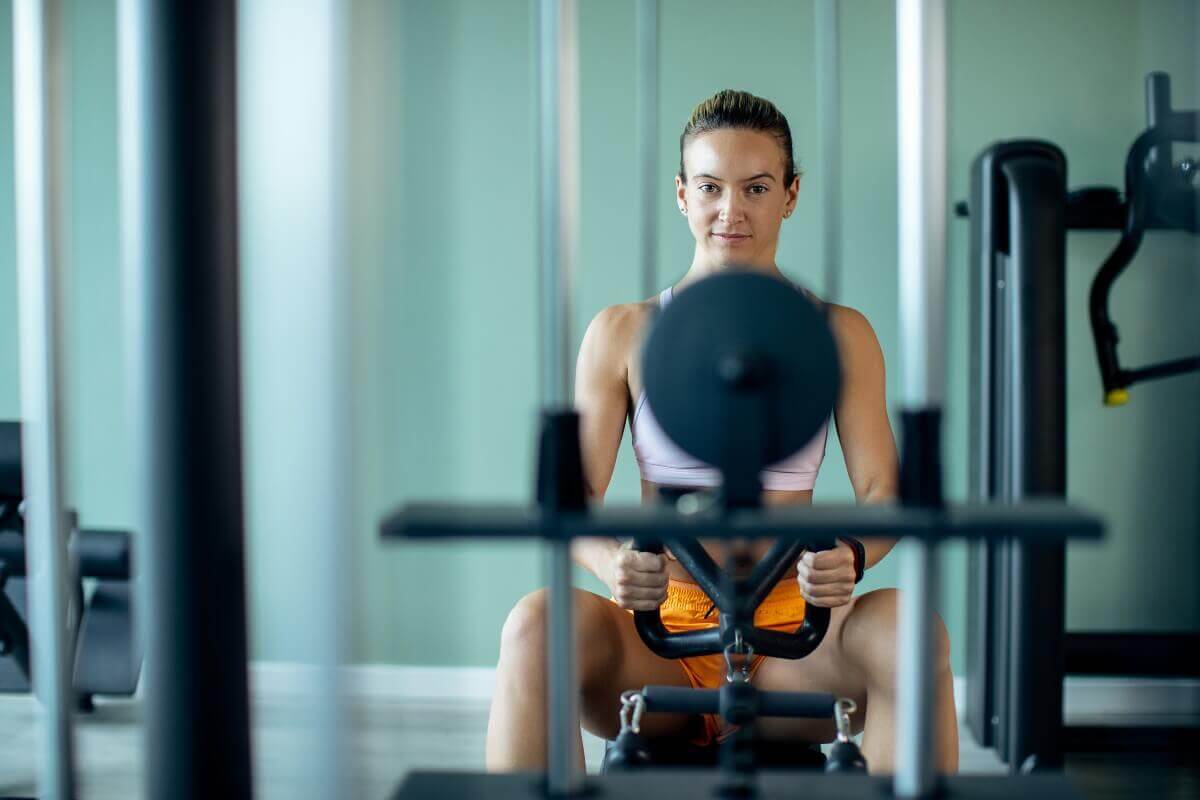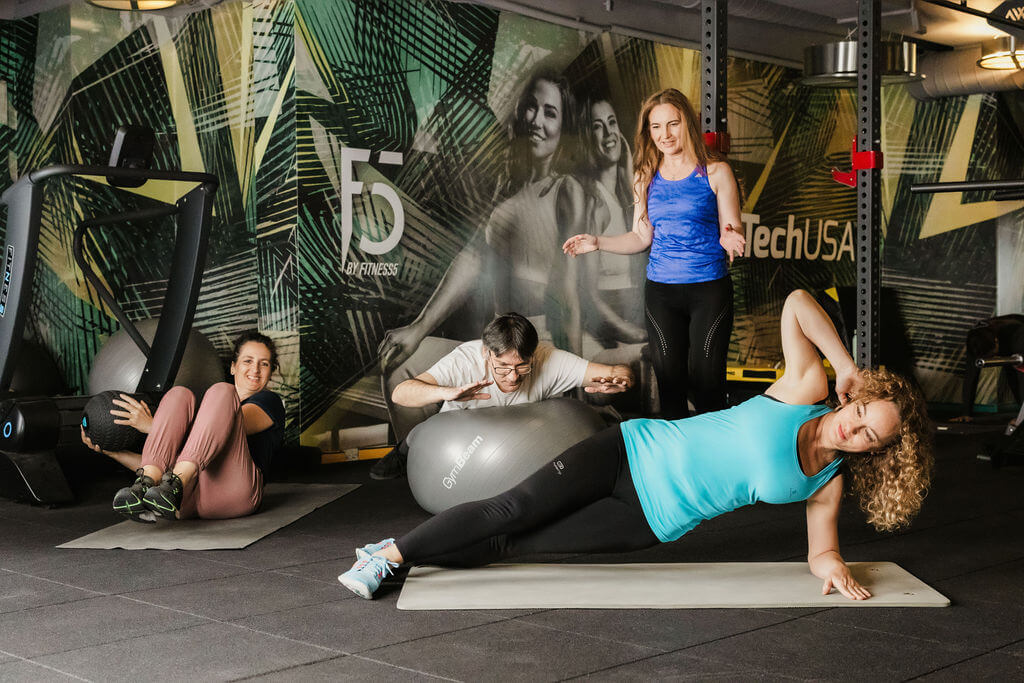When is the best time to exercise? It’s a question I hear often, especially from people who don’t just train for appearance but for health — to feel stronger, manage chronic illness, or even reduce medication.
In Fitt Training®, I see this more and more: clients looking for safe, sustainable exercise that fits their real life. But does it actually matter whether you move in the morning or in the evening? The answer is: yes… and no. Let’s take a closer look.
What the Research Says
Scientists love to test these things, and the results are actually pretty interesting. Some studies suggest that women may benefit more from morning workouts — they seem to help with belly fat and lowering blood pressure. Men, on the other hand, often see better results from evening sessions when it comes to building strength and losing fat.
And if you’re living with type 2 diabetes or fatty liver disease (FLD), there’s more: research shows that morning training can help your body burn fat more efficiently and manage blood sugar levels better throughout the day. So if your main goal is health — not just fitness — mornings might give you an edge.
That said, numbers and studies don’t live your life for you. What matters most is what you can actually fit into your day.
So… Morning or Evening?
Here’s the truth: the best time to exercise is the time you’ll actually do it. If you wake up with energy and love starting the day on a high note, mornings might be perfect. If you’re not human until your second coffee, but evenings give you focus and motivation, then train in the evening. The only real rule? Try to keep it consistent. Our bodies love rhythm. If you train around the same time most days, you’ll notice your system starts to expect it, your performance improves, and results feel easier to come by. Late-night training can sometimes mess with sleep, so watch out for that — otherwise, both slots are fair game. Whenever you train, don’t ever forget about including a proper warmup and cooldown session.
More Than Just Training
Exercise isn’t only about numbers on a chart. It’s not just lower blood sugar, or a smaller waist, or lifting heavier weights. Those things are nice — but the real payoff is in the little changes you notice outside the gym.
You wake up with more energy. Walking up the stairs doesn’t leave you winded. Carrying groceries feels easier. Even your mood shifts — you catch yourself smiling more, worrying less.
That’s why I always say movement is more than a workout. It’s a reset button. It’s time you carve out for yourself, away from the noise of the day. Whether you train in the morning light or late in the evening, the clock matters less than the fact that you showed up. Each session is proof: you can do this, and you’re moving forward.
I look forward to welcoming you in downtown Budapest, in one of the best-equipped gyms in the city.




